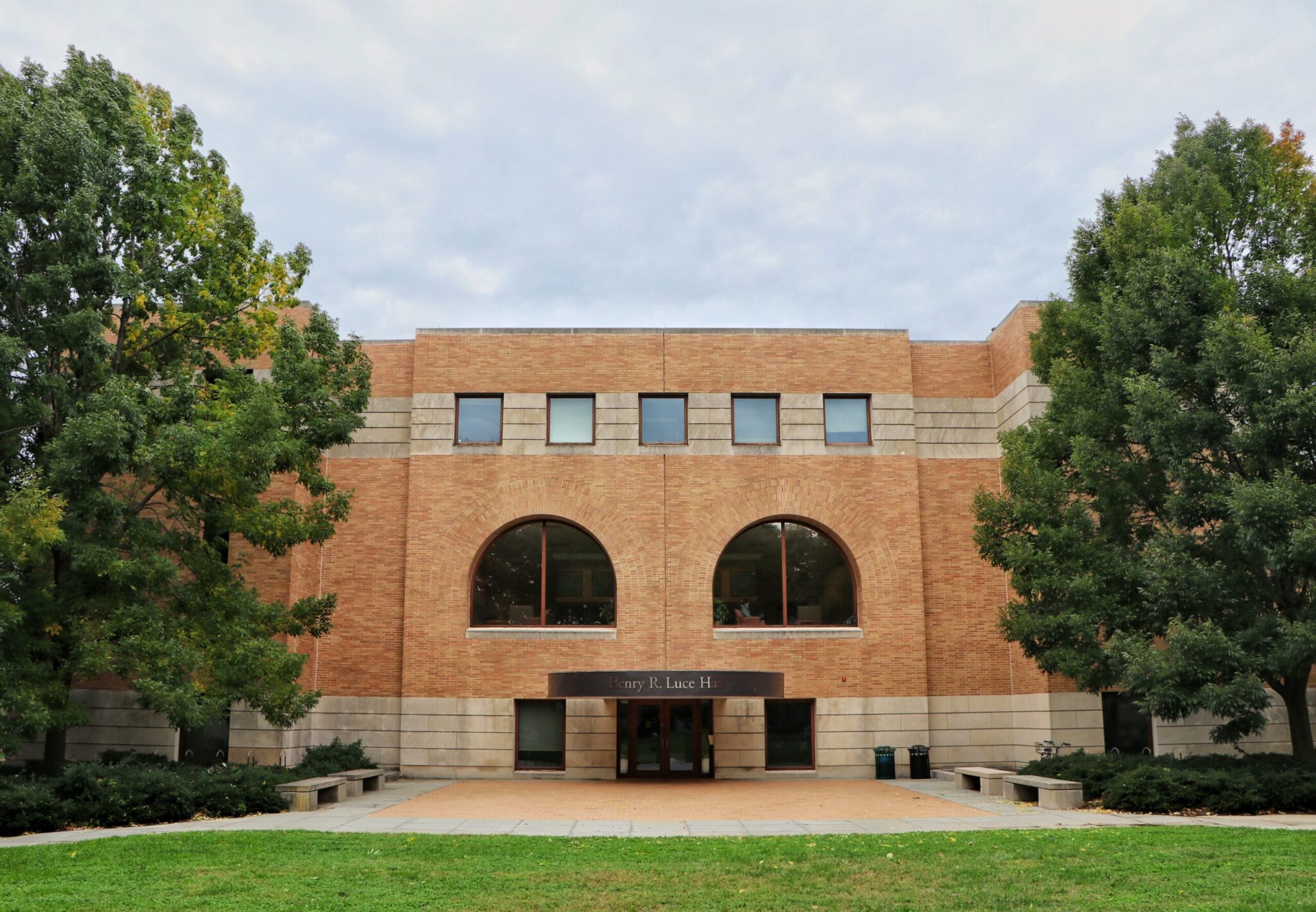Yale Vilnius 700 Symposium celebrates history of Lithuania’s capital city
The Yale Baltic Studies Program and the European Studies Council hosted the Vilnius 700 Symposium last week, celebrating the city’s history.

Yale Daily News
The Yale Baltic Studies Program held a two-day symposium last week, bringing scholars from around the globe together engaged in the study of Lithuania’s capital city.
The Vilnius 700 Symposium, which was held from Oct. 12 to 13, marked the 700th anniversary of Vilnius’s first mention in recorded sources. Recognizing centuries of historical, political and social significance to many nations in Central and Eastern Europe, the symposium organizers told the News that they are hoping to establish a better understanding of Vilnius’s place in world history.
Bradley Woodworth, a history professor at the University of New Haven and the manager for the Baltic Studies Program, said the symposium aims to recognize the efforts, sacrifice and dedication of the late Lithuanian American businessman Joseph P. Kazickas GRD ’51.
“Joseph Kazickas and his family have always donated significant amounts of money to Yale,” Woodworth said. “He was also the most significant donor to the Baltic Studies Program.”
During World War II, Kazickas and his family fled Vilnius for Germany, where they lived in a displaced persons camp. It was during this time that Kazickas, who had previously studied at Vytautas Magnus University and Vilnius University, received a scholarship to attend Yale’s postgraduate economics program.
The Kazickas Family Foundation established the Joseph P. Kazickas Post-Doctoral Fellowship at Yale in 2012, which invites students from Lithuania to pursue professional degrees in fields including law and policy, business and history.
“Joseph saw his opportunity to study at Yale as a massive stepping stone for his future,” Woodworth said. “He and his family wanted their gift to make it possible for Lithuanians to come to Yale and have a life changing experience as well.”
Woodworth also pointed to Maksimas Milta GRD ’23, who graduated from Yale last June with a masters degree in European and Russian studies, as helping to establish the symposium. He said that Milta encouraged the Baltic Studies Program to celebrate Vilnius’ 700th anniversary.
Woodworth also emphasized the central role of Milta in the conception and design of the symposium. It was thanks to his original suggestions regarding its structure and components that the symposium was able to come about.
“Vilnius celebrates 700 years since its first written mention this year. Yet its diversity is not some recent trend,” Milta said. “From the beginning the raison d’être of Vilnius has been to be a capital city of an ethnically and confessionally diverse Grand Duchy of Lithuania, Europe’s largest country in the 15th century, that brought together modern day Lithuania, Belarus, and Ukraine.”
The symposium featured a keynote discussion, a music recital, two exhibitions of Yale book collections connected to Vilnius and four interdisciplinary panels.
Each of the events sought to problematize and discuss Vilnius as a place of history, arts and faith, exile and education, according to Miltas.
“In other words, we purposefully emphasize the polyphony of Vilnius and forms of its manifestation in different settings, rather than traditional ethnic or confessional-heavy focus on Vilnius,” Miltas said. “This makes the event unique.”
Edyta Bojanowska, a Slavic Languages and Literatures professor and chair of Yale’s European Studies Council, presented the symposium’s introductory remarks, saying that the Council was “thrilled” to host the symposium and facilitate “lively interest” in the topic at the Yale community.
While the symposium served as a tribute to the culture and life of Vilnius and Lithuania, Miltas said the organizers also want people to remember Vilnius’s importance in terms of Eastern Europe’s struggle for liberty and freedom.
“Vilnius is also a place where the atrocities of totalitarian Nazi and Soviet regimes led to extermination of hundreds of thousands of people, including 95 percent of the Jews,” he said. “Today, Vilnius is also a shelter for tens of thousands of refugees from Belarus and Russia fleeing authoritarian oppression, as well as to tens of thousands of Ukrainian families affected by Russia’s war of aggression.”
Lithuania is the largest of the three Baltic countries in both landmass and population. Woodworth emphasized that even before its connection with Poland and Christianity, Vilnius was a multiethnic state.
While living in Vilnius in December of 1990, Woodworth attended a joint session of Parliament, and said that he was “fortunate” to write about and witness the efforts of the Lithunaians to establish their identity.
“Vilnius will continue to be an example of how people can come together in times of challenge,” he said. “For example, all three Baltic countries — Estonia, Latvia and Lithuania — are providing incredible solidarity with Ukraine; and they are providing per capita the most support to the war effort in Ukraine. They will continue to be shining examples of the values of freedom and solidarity.”
In early July, the North Atlantic Treaty Organization held its summit in Vilnius. Lithuania has been part of the European Union since 2004.
Woodworth also serves as the vice president of conferences for the association for the Advancement of Baltic Studies.
The next conference will take place in June 2024.
Correction, Oct. 25: This article has been amended to correct a misspelling of Vilnius.







